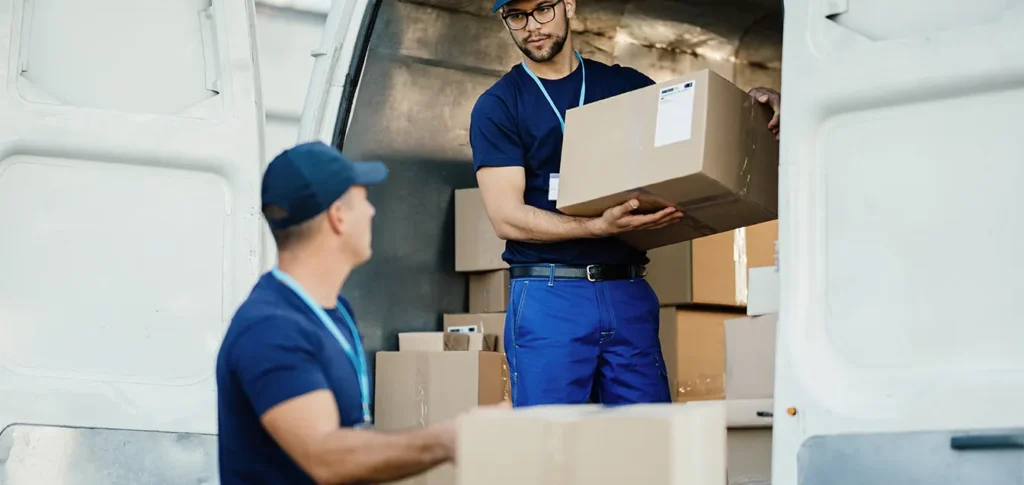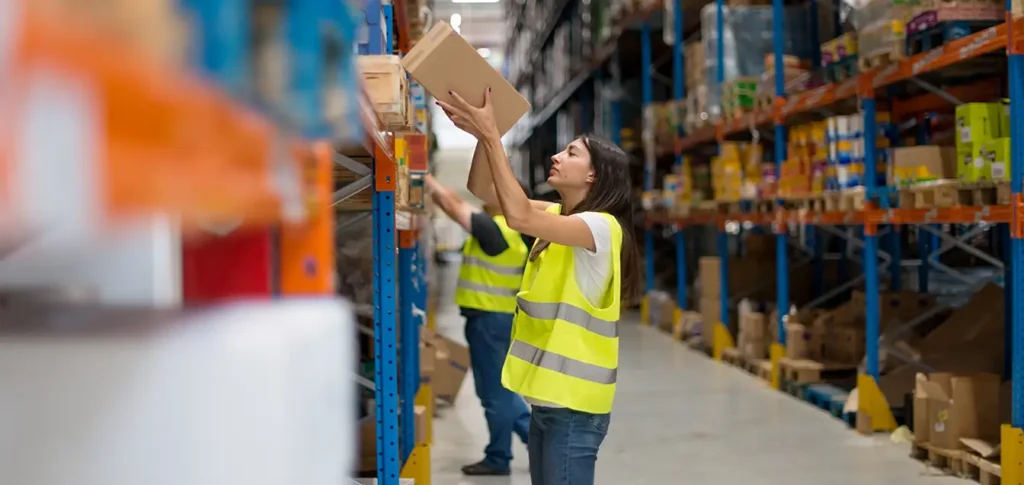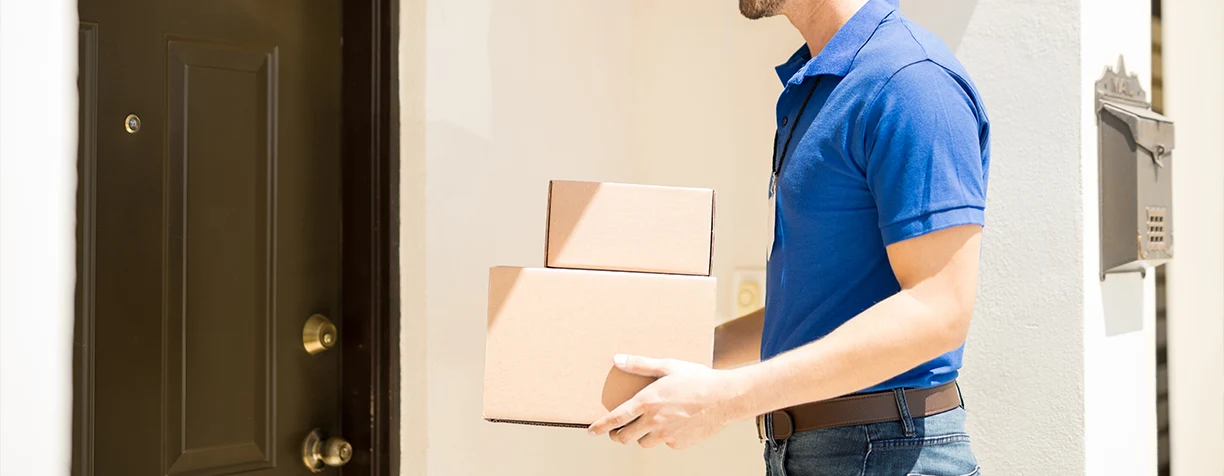The final mile delivery segment is critical for the logistics and supply chain industry, particularly in 2024, as e-commerce continues to thrive. Success in final mile delivery hinges on several key strategies, encompassing efficiency, customer satisfaction, and technological advancements. Here, we explore the best strategies for success in final mile delivery to help businesses optimize their operations.
Table of Contents
What is Last Mile Delivery
In the delivery process, the final step refers to the delivery of a product from a distribution center to the end user. This stage is often the most complex and costly part of the supply chain, as it involves navigating urban environments and meeting specific customer expectations. Understanding what is last mile delivery is crucial for businesses aiming to optimize their logistics.
What is Last Mile Carrier

A last mile carrier plays a pivotal role in ensuring timely and accurate deliveries. These carriers are specialized logistics providers who focus on the last leg of the delivery journey. Partnering with a reliable last mile carrier can help businesses manage high volumes of deliveries efficiently, particularly during peak seasons. They often offer specialized services such as same-day or next-day delivery, which are highly valued by customers.
Best Strategies for Success in Last Mile Delivery
One of the best strategies for success in last mile delivery is investing in technology. Real-time tracking systems and route optimization software are invaluable tools. These technologies provide customers with live updates and ensure drivers follow the most efficient routes, reducing delivery times and costs. Furthermore, integrating customer feedback systems helps improve service quality and customer satisfaction. Additionally, Incorporating sustainable practices is among the top strategies for success in final mile delivery.
How to Success in Final Mile Delivery

Understanding how to succeed in final mile delivery involves focusing on customer experience. Personalized delivery options, such as flexible time slots and package tracking, cater to the modern consumer’s needs. Companies should also invest in training their delivery personnel to ensure professional and courteous service, which can significantly impact customer loyalty and satisfaction.
3PL Logistics Canada
Third-party logistics (3PL) providers are integral to the success of final mile delivery, especially in regions like Canada. 3PL logistics Canada services offer integrated solutions, including warehousing, inventory management, and transportation. By outsourcing these functions to a 3PL provider, businesses can focus on their core activities while ensuring their logistics operations run smoothly.
Optimize Last-Mile Delivery Efficiency
To optimize last-mile delivery efficiency, companies must use data analytics. Analyzing delivery patterns, customer preferences, and traffic conditions can help in planning optimal delivery routes and schedules. Additionally, employing automated systems for package sorting and dispatching can significantly reduce human errors and expedite the delivery process.
How Last-Mile Delivery Works

Understanding how last-mile delivery works is essential for implementing effective strategies. The process begins with an order being placed and the product being picked up from a warehouse. It then involves sorting and routing the package through a distribution network before it is handed over to the last mile carrier. The final step is the actual delivery to the customer’s doorstep, which often requires precise coordination and real-time communication.
Additional Strategies for Success in Final Mile Delivery
Expanding on existing strategies, businesses should consider implementing a hybrid delivery model. This approach combines various delivery methods, such as drones, autonomous vehicles, and traditional couriers, to optimize delivery times and reduce costs. Embracing such innovations can set a company apart in the competitive market.
Another strategy is to foster strong relationships with local businesses. By collaborating with neighborhood stores and services, companies can create a network that supports quicker and more efficient deliveries. This localized approach can be particularly beneficial in densely populated urban areas.
Investing in workforce management tools is also critical. Efficient scheduling and workload distribution ensure that drivers are not overburdened, leading to higher job satisfaction and better performance. Happy employees are more likely to provide excellent customer service, further enhancing the company’s reputation.
Wrap Up
Success in final mile delivery in 2024 requires a multifaceted approach. By adopting the best strategies for success in last mile delivery, such as leveraging technology, focusing on sustainability, and enhancing customer experience, businesses can significantly improve their delivery operations. Partnering with reliable last mile carriers and 3PL providers in regions like Canada can further optimize logistics.
Understanding how last-mile delivery works and continuously seeking ways to improve efficiency will be crucial in staying ahead in the competitive e-commerce landscape. Embracing innovation and fostering local partnerships are additional strategies for success in final mile delivery, ensuring businesses meet the evolving demands of the modern consumer.
FAQ
1. What are the key challenges in final mile delivery?
The main challenges include managing delivery costs, ensuring timely deliveries, navigating urban congestion, and meeting high customer expectations for quick and flexible delivery options.
2. How can technology improve final mile delivery?
Technology improves final mile delivery by providing real-time tracking, route optimization, and customer feedback systems, all of which enhance efficiency and customer satisfaction.
3. Why is sustainability important in last mile delivery?
Sustainability is important because it reduces the environmental impact of delivery operations. Eco-friendly delivery methods and local warehousing help minimize carbon footprints and support environmental conservation efforts.
4. What role does a last mile carrier play?
A last mile carrier ensures the efficient and timely delivery of products from distribution centers to end customers, often providing specialized services like same-day or next-day delivery.
5. How do 3PL providers support final mile delivery?
3PL providers support final mile delivery by offering end-to-end logistics solutions, including warehousing, inventory management, and transportation, allowing businesses to focus on their core operations.





